CBS’ “interior minister” is keen on theater and surprised by how “centralized” CBS is
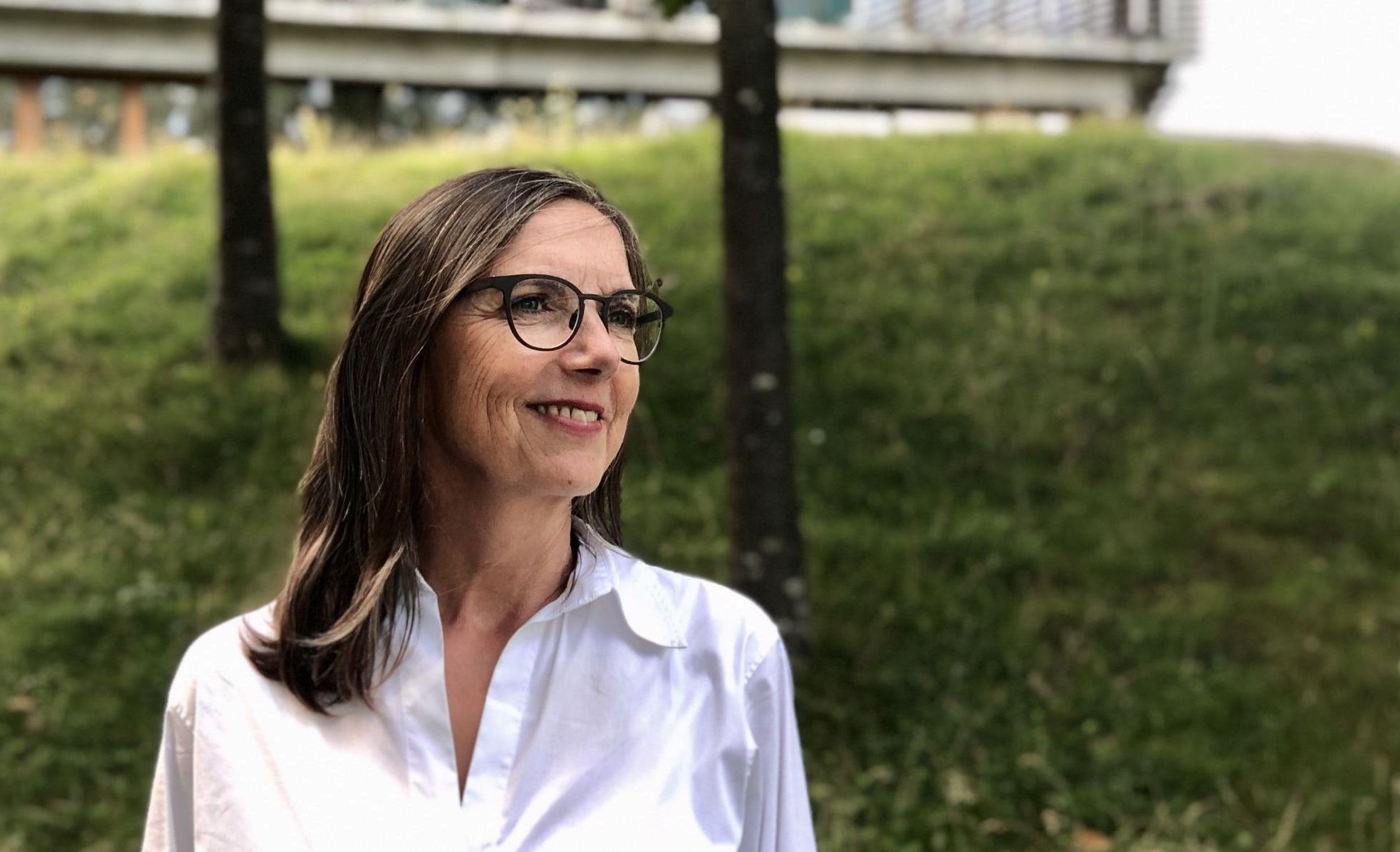
Inger Askehave, Deputy President for seven months. (Photo: Mette Koors & Anne Thora Lykkegaard)
Inger Askehave, Deputy President at CBS, enjoys being the new kid on the block, as it allows her to ask questions about CBS practices and habits. For example, she aims to challenge the distribution of tasks between the Senior Management and the departments. And then she shares what books she is currently reading, and why it was not all bad starting a new position from home.
Inger Askehave did not set foot on CBS’ campus until the beginning of June. By that time, she had been the Deputy President of CBS for four months.
“In some ways, I believe I have had a better start to the job,” she says when I meet her in her office at The Wedge – an office that used to be a meeting room before the Senior Management expanded its team from four to five with the new Deputy President position.
“I didn’t have to worry about what to wear where to find the coffee machine or find my way around campus. I just had to turn on my laptop and join the various meetings and could focus entirely on the conversation and the task at hand. But it’s great to be back on campus now and feel the vibe of this fantastic university.”
On February 1, 2021, CBS got a Deputy President, a position it has not had for many years. Inger Askehave’s main tasks involve line management for the departments and department heads, as well as creating environments that support the core activities: research and teaching. All in line with the new strategy.
“You can say that I’m the interior minister for CBS. I’m the one who helps realize the direction set for CBS internally,” she says.
To be more specific, Inger Askehave is, for example, in charge of hiring new department heads, right now for the Department of Organization and more recently for the Department of Economics. She is also responsible for the VIP budget and the numerous tasks which follow as a result. These are among her daily managerial tasks, and they have, to some extent, taken her slightly unawares.
“It has surprised me that CBS is so “centralized”, and how many decisions I have to make on a daily basis that would perhaps be better addressed at departmental level – or elsewhere in the organization. I would like to explore whether the distribution of decision-making and tasks is optimal for the organization and our transformational strategy or whether we could do with a bit of rethinking here,” she says and explains that she was used to doing things slightly differently in her position as pro-rector at Aalborg University.
“I’m used to a university setting where a lot of the decision-making resides within the departments, accompanied, of course, by commitment to the organization as a whole. And though it would be extremely foolish to simply impose a model from one university onto another, I believe that we need to look at ourselves and ask: Do our practices and procedures encourage and promote a strategic and transformative mindset and complement our strategy.”
“I will ask questions”
Repeatedly throughout the interview, the discussion revolves around the strategy. Inger Askehave’s job, as she sees it, is essentially to make sure that the CBS departments take on the strategy and make it their own. Because as she says, “Senior Management cannot realize the strategy on its own, the organization can.”
“We can set a direction, guide, facilitate and support – but faculty and staff members are key players here. So my contribution to the strategy is to make sure that our activities, procedures and decision-making align with our strategic ambition. So I will ask the organization questions like, ‘How do you see yourself in the strategy?’ and ‘How can you contribute in a meaningful way?’ and ‘What is your take on adopting a transformative role?’, as well as following up on the various departmental strategies and discussing local “interpretations” of the strategy,” she says.
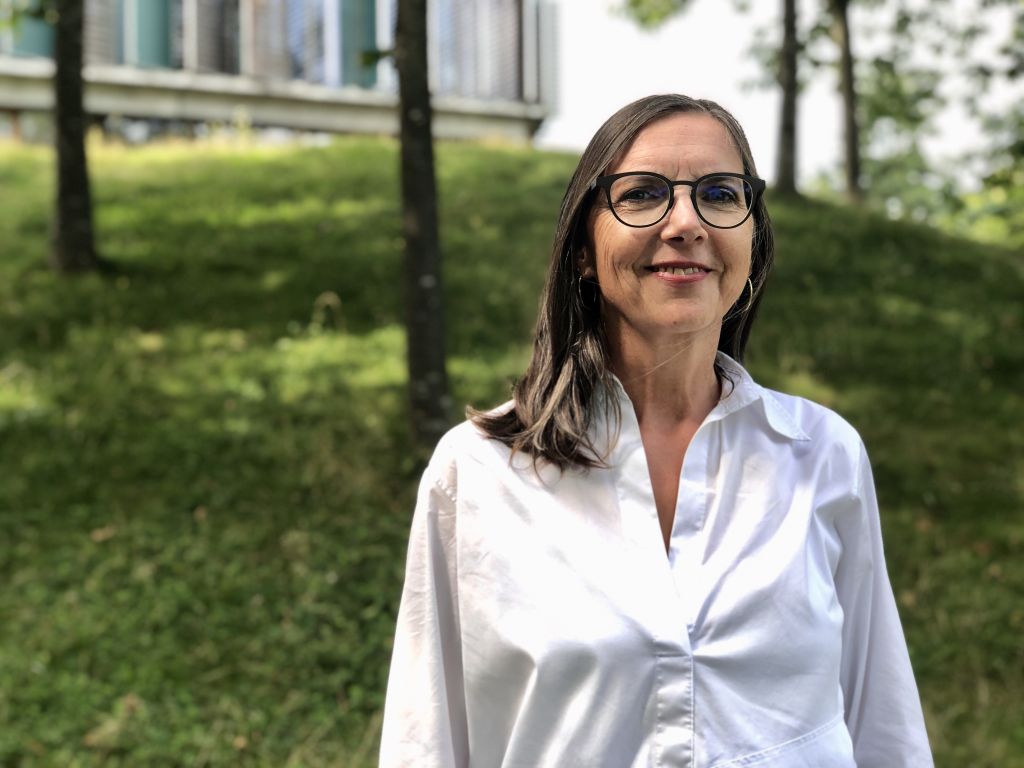
(Photo: Mette Koors & Anne Thora Lykkegaard)
The transformative aspect of the strategy is also partly what made Inger Askehave apply for the position as deputy president of CBS.
“I was drawn by the way CBS’ strategy talks about transformation. It’s not only a question of being relevant – but it is actually about wanting to transform society with business – making important and lasting changes – which, in my opinion, is to turn the ambition level up a notch,” she says and continues:
“And how do we do that? By providing excellent teaching and researching, but with the aim of making the world a better place.”
A natural voice at CBS
In an introduction video posted on CBS Share on February 1, Inger Askehave says she looks forward to being visible at CBS. Now that campus has reopened, and everyone is allowed back, how will she make sure she becomes visible?
“I will prioritize being at events such as the Graduation Ceremony and Responsibility Day and the like, and I’m really enjoying the visits that I’m paying to the departments right now. However, in my position I’m leading through leaders which perhaps make me less visible to faculty, staff and students on a daily basis,” she says and continues:
“But I strive to be a natural voice at CBS.”
And through her visibility, she also hopes to get to know the organization in detail.
“Employees, and students, are always very welcome to approach me. I find meeting employees in their own environment, feeling the atmosphere and learning about how they do things very interesting. That’s also makes me a better Deputy President of CBS,” she says.
What does it take to be a transformative leader?
At the moment, Inger Askehave has various tasks on her table. One involves a leadership program that she is running with the heads of department.
“I want to discuss what it takes for us, as leaders, to be transformative, and what we can do to support the strategy, as well as looking into current practices and whether they are optimal for us. So I’ll be challenging our habits and seeing whether we need to do a bit of rethinking,” she says.
This sounds a little bit like a way of introducing effectiveness?
“For me it’s not about efficiency. It’s about whether the practices we have are supporting what we want to do at CBS. It’s not a way to pursue effectiveness, but it can be a result,” she says and continues:
“I don’t want to make changes for the sake of it, but I will ask myself and others whether we can do things differently. That’s sometimes a perk that comes with being new in a position. You get to ask a lot of questions such as: Why do we do it like this? Can it be done differently?”



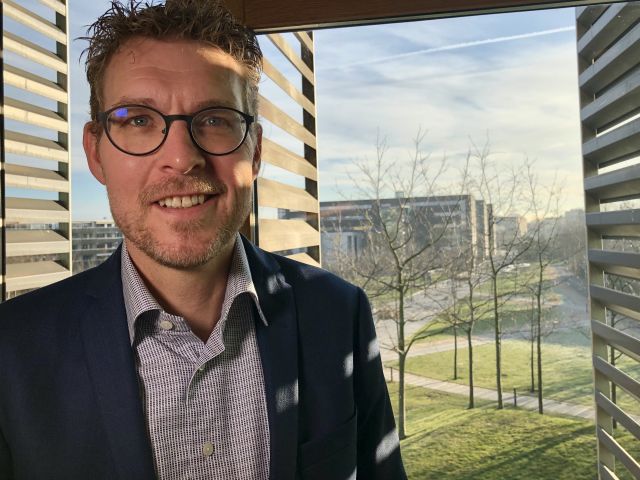
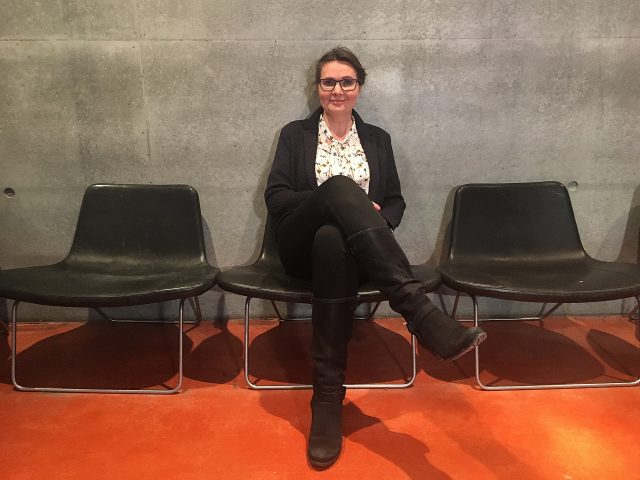
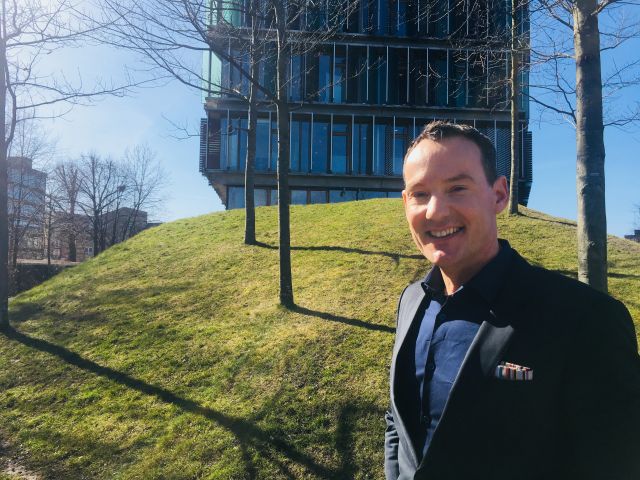
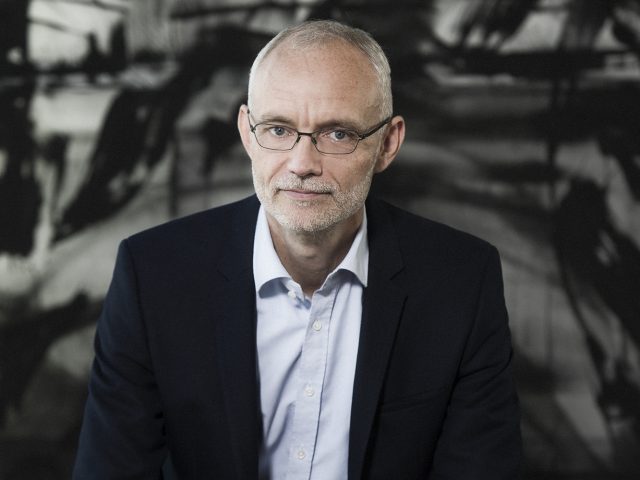
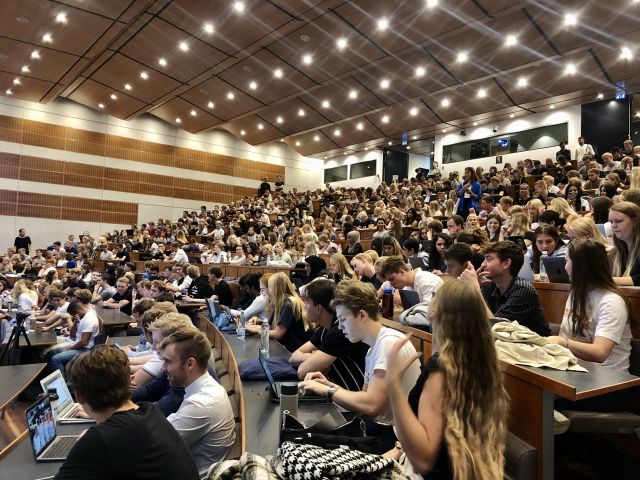
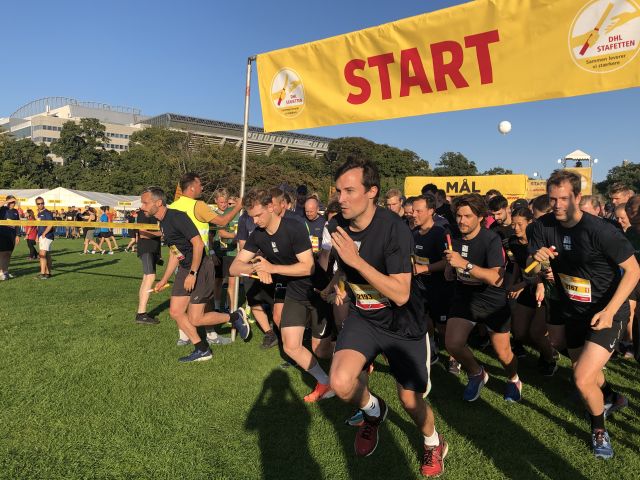




























































































































Comments